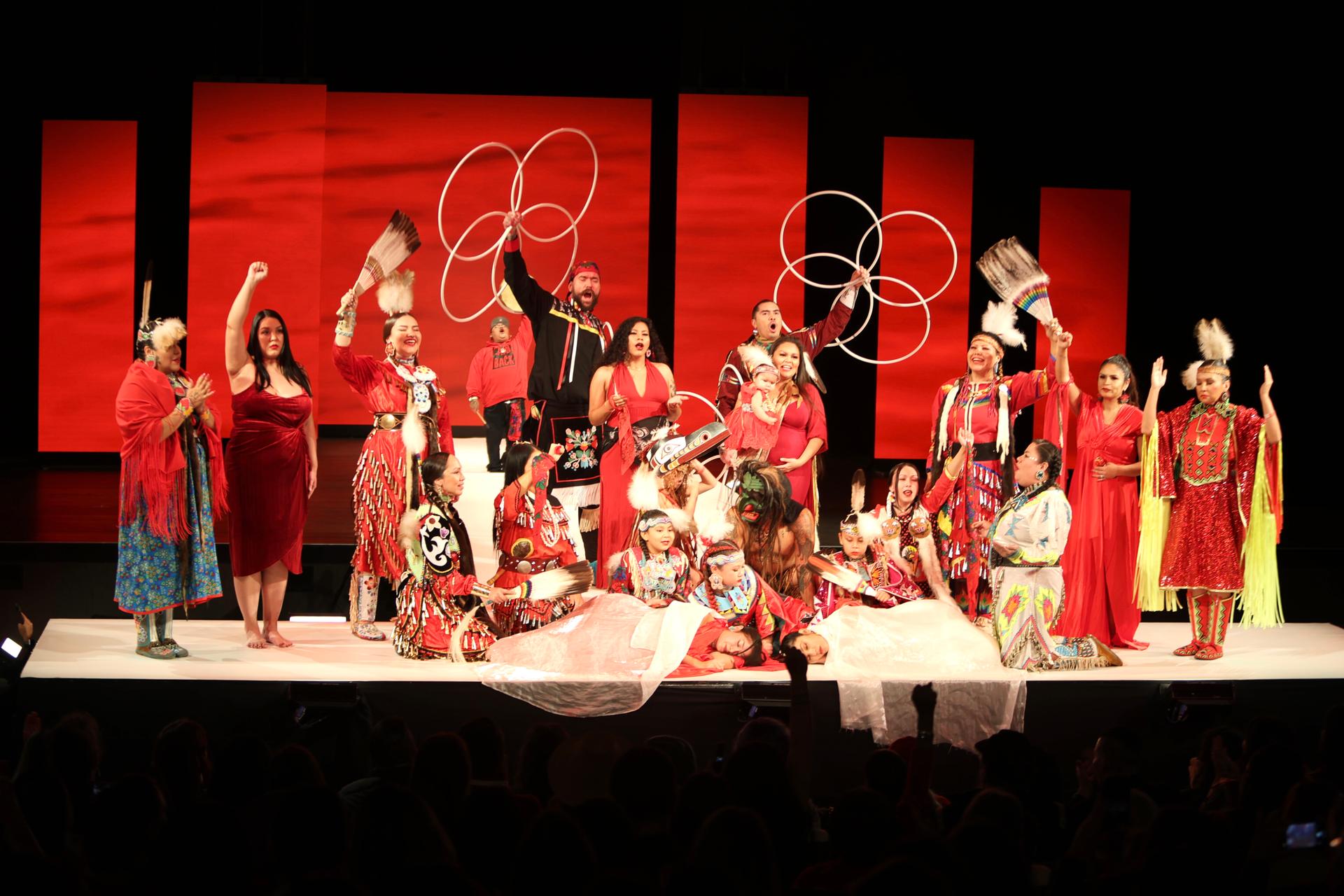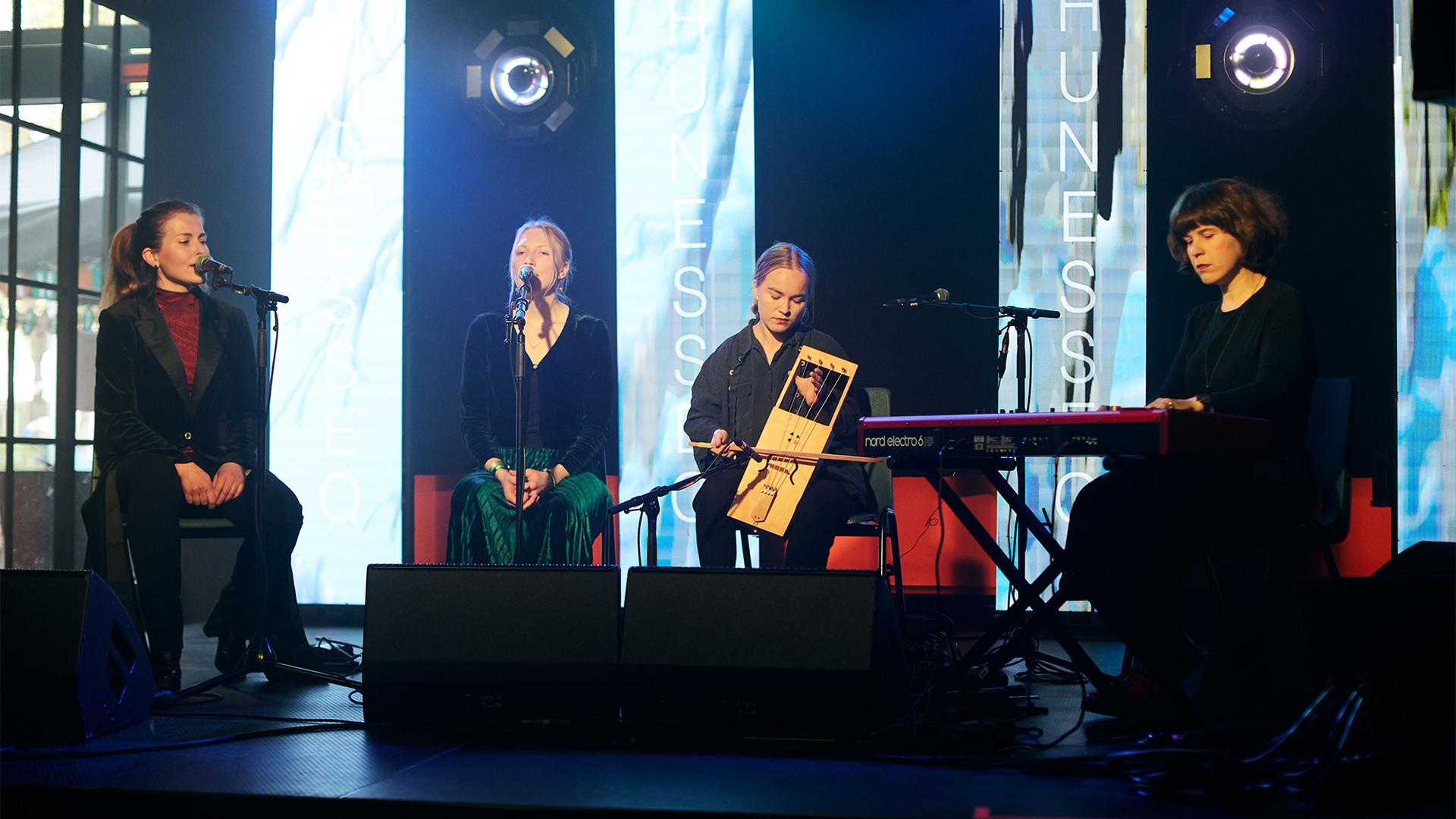Sonia Narang
Multimedia Journalist/Producer
Sonia Narang is a multimedia producer and journalist. She focuses on women's rights, global health, and climate change and has reported stories across Asia, Europe, and North America.
Sonia Narang is a multimedia journalist who reports on women's rights, climate change & the environment, global health, and music & culture. She has produced and reported in-depth multimedia projects at PRI's The World, including award-winning series on women in Nepal, the fight against cancer around the world, and an innovative school in South Africa. She has also filmed musicians for The World’s Global Hit web videos. Sonia has produced and reported stories across Asia & the Pacific, Europe, Africa, and North America for the BBC, NPR News, Washington Post's The Lily, The New York Times, Frontline/World, NBC, and Time.com. It's true, Sonia once filmed a cat café in Osaka, Japan. She's also reported on Indigenous fashion in Canada, women farmers affected by cyclones in Fiji, the aftermath of the Japan tsunami, and the controversy over U.S. military bases in Okinawa. A native Californian, Sonia has a master’s degree from the UC Berkeley Graduate School of Journalism. Before that, she cut her teeth reporting and photographing for a newspaper in Colorado.
They call her a ‘Mountain Mover’ — Founder of Vancouver Indigenous Fashion Week revolutionizes the runway
First Nations people are reclaiming their culture by showcasing their own designs during the Vancouver Indigenous Fashion Week in Canada. The event was founded by Joleen Mitton, who has spent years bringing Native representation to the fashion industry.
Navajo women struggle to preserve traditions as climate change intensifies
In a region that only receives six inches of rainfall per year, each degree of temperature increase has an extreme effect on the arid land. “You add just a little bit of a temperature increase to a place that’s already on the edge, and you’ve made an enormous change in the living conditions there,” one expert says.
Finland’s reindeer-herding Sámi women fight climate change
The Sámi are an indigenous population in the northern parts of Finland, as well as Sweden, Norway and Russia. However, the warming climate has threatened to disrupt the Sámi people’s centuries-old tradition of reindeer herding. As Arctic temperatures rise more than twice as fast as the global average, reindeer herders are struggling to cope with increasingly unpredictable and extreme weather.
Subscribe to The World’s Latest Edition podcast for free using your favorite podcast player:


